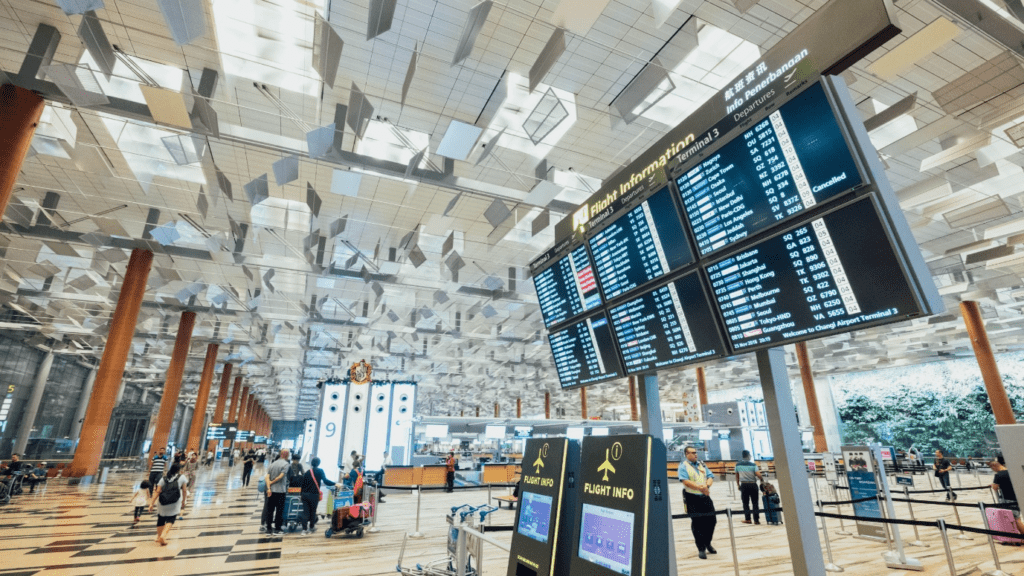
Canada Appeals for International Firefighting Aid
June 09, 2025: Canada has issued an international appeal for firefighting support as wildfires intensify across multiple provinces

September 23, 2021: -India slammed the U.K.’s decision to exclude vaccinated Indian travelers from its new travel guidelines, calling it “discriminatory” and warning of reciprocal measures.
Next month, the British government will allow fully vaccinated travelers from a list of countries to skip quarantine upon arrival. However, Indians who are fully vaccinated will still need to be quarantined.
The U.K. in the previous week eased travel restrictions for fully vaccinated individuals from 17 countries and territories, which include Japan and Singapore, saying they would not have to stay in quarantine for ten days after arriving in England.
From October 4, travelers from those destinations would have to show that they received an entire course of one of the Covid vaccines currently approved in the U.K., at least two weeks before their arrival. The approved vaccines are Oxford/AstraZeneca, Pfizer-BioNTech, Moderna, or Janssen.
India’s leading vaccine is Oxford University and British-Swedish pharma giant AstraZeneca, manufactured locally by the Serum Institute of India under the name Covishield. It has been approved for emergency use by the World Health Organization.
“The basic issue is that there is a vaccine, Covishield, which is a licensed product of a U.K. company, manufactured in India,” India’s Foreign On Tuesday, Secretary Harsh V Shringla said at a press briefing. “We have supplied 5 million doses to the U.K., at the request of the government of the U.K. We understand that this has been used in their national health system.”
“Therefore, non-recognition of Covishield is a discriminatory policy and makes an impact on those of our citizens traveling to the U.K.,” he added.
Under the new rules, Indian travelers will be required to quarantine after arriving in England and undergo three rounds of testing, regardless of their vaccination status. Many Indian nationals typically travel to the U.K. for work, study, leisure travel, or family visit.
India’s External Affairs Minister Subrahmanyam Jaishankar, who is in New York for the United Nations General Assembly, raised the issue “strongly” with U.K. Foreign Secretary Elizabeth Truss, according to Shringla.
“I am told that certain assurances have been given that this issue would be resolved,” he said.
We provide the insights on leaders who are responsible for taking their organization to new heights, all the while bringing together a group of talented individuals.

June 09, 2025: Canada has issued an international appeal for firefighting support as wildfires intensify across multiple provinces

May 27, 2025: Air Canada Cuts Five U.S. Routes for Winter 2025–26, Part of Broader Cross-Border Retrenchment

May 26, 2025: Trump Freezes $2.2B in Federal Grants to Harvard Over DEI, Threatens Tax-Exempt Status.

May 14, 2025: Microsoft has announced plans to reduce its global workforce by approximately 3%, affecting roughly 10,000 employees across multiple departments.

May 13, 2025: The Trump administration is considering suspending the constitutional right of habeas corpus in a bid to accelerate mass deportations.

April 29, 2025: Donald Trump’s second term has reached the 100-day mark under sustained public skepticism, with national approval ratings